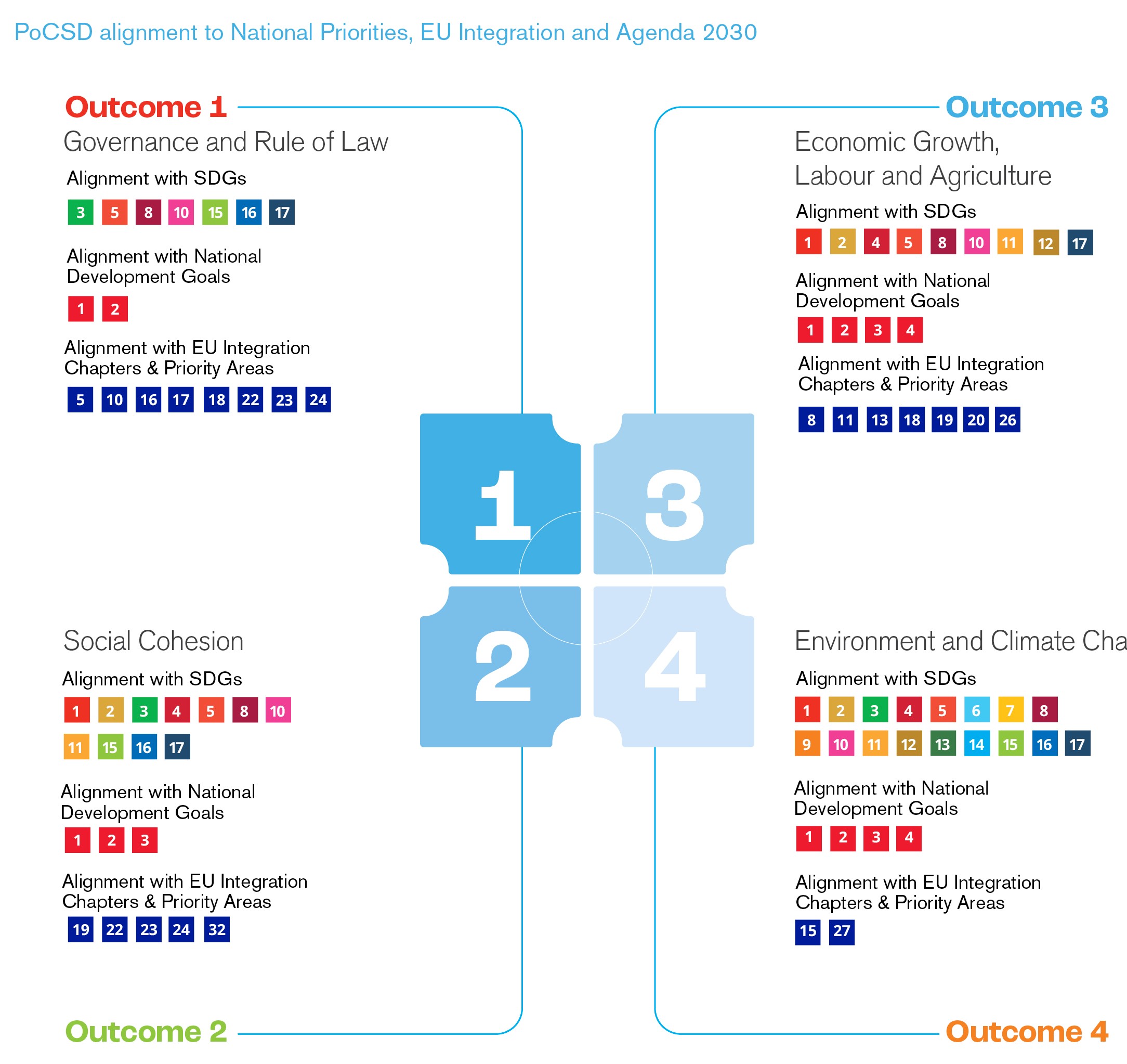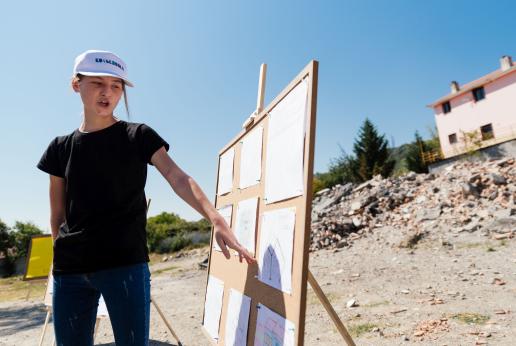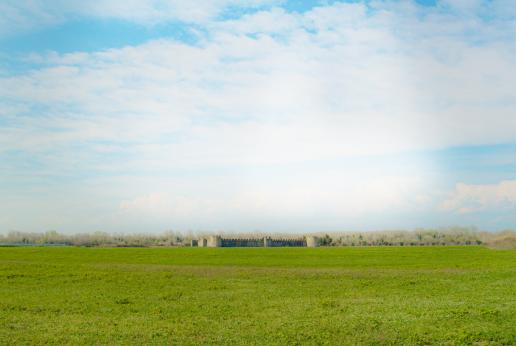UN in Albania support to national development priorities

Over the last five years of UN support under the Programme of Cooperation for Sustainable Development (PoCSD) 2017-2021 , the government noticeably increased its ability to monitor progress on implementation of the recommendations from international Human Rights conventions, treaties and regular national reports, improve evidence for actions taken in line with observations and
recommendations and establish tracking mechanisms, and generate stronger political engagement from Parliament and the human rights institutions in the country to strengthen public accountability mechanisms and increase outreach to vulnerable people.
Government is paying more attention to gender equality, including significant advancement in women in leadership positions and political representation. Gender Equality is now a core principle in the Organic Budget Law (2016), enabling Albania to stand out among many European countries, representing a significant institutional change. Similarly, a wide array of sector policies includes an evidence-based statement on gender inequality in relevant sectors and provides for measures to combat the phenomenon.
Coverage and validity of mechanisms and obligatory core curriculum for tracking, reporting and addressing all forms of violence against women and children and trafficking in human beings has improved substantially.
Ground-breaking achievements have been achieved for child rights and juvenile justice in Albania. Major results include significant advancements in legal and policy frameworks, for example those encouraging alternatives to detention.

UN efforts for the development of Albania’s social system, through significant advancements made in the legal and policy framework, including explicit social inclusion targets incorporated in most sector-specific policies, contributed to an increased public ownership of vulnerability and more empowered vulnerable persons and groups. By the end of 2021, the country experienced a stronger provision of social and health services, establishment of institutional coordination mechanisms and increased capacities of human resources.
Citizen-centric public service delivery reform advanced with expansion of customer-care services in municipalities and operationalisation of the OSSIS, benefitting the citizens of Albania. Municipalities are enabled to strengthen transparency, accountability and participatory governance.
Concerning environmental protection, the government increased its commitment to integrating DRR into the country’s development agenda and improving governance and financial sustainability of protected areas. In 2021, Albania submitted its more ambitious and robust NDC with an action plan to achieve the almost doubled target of 20.9 percent by 2030.
Joint efforts in the last two years were particularly vested to respond to the needs that arose from both the earthquake and the Covid-19 crisis, supporting the most vulnerable communities in solidarity and leadership for coordinated, multi-lateral action with government and other partners.
and much, much more…





